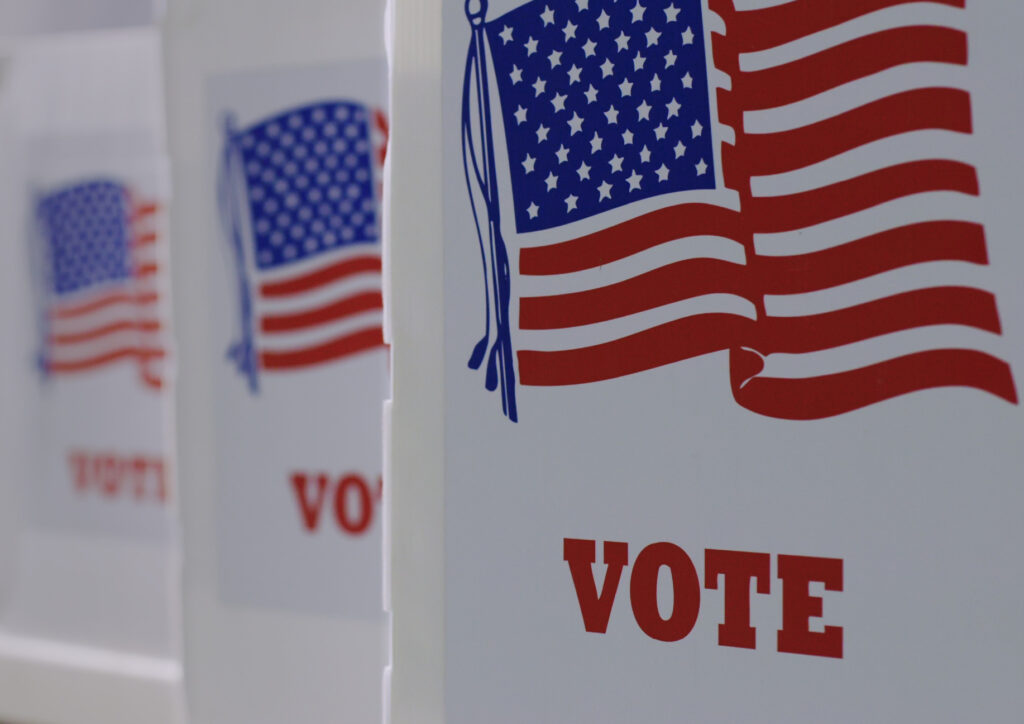For years, state and local governments have been dealing with a tax enforcement nightmare as out-of-state Internet retailers have refused to collect sales tax. That non-collection was facilitated by a Supreme Court precedent that tax collection can only be required when a retailer has a “physical presence” inside of a state. In today’s ruling in South Dakota v. Wayfair, Inc., however, the Court discarded the “physical presence” requirement in no uncertain terms, calling it “anachronistic” and an “error” that led to a “judicially created tax shelter.”
Among the problems with the “physical presence” standard, as explained by the Court:
- It harmed state and local economies by creating “market distortions” where Internet retailers avoided “development” in certain states so that they could continue dodging sales tax collection requirements.
- It “prevented … an even playing field” between local businesses that collect tax and out-of-state retailers who do not.
- It unfairly required people who shop in physical stores rather than online to pay a higher share of state and local taxes.
- It resulted in arbitrary outcomes where, for instance, a small seller with a modest physical presence was required to collect the tax while a very large seller with a huge virtual presence could forgo collection.
- It did not create the simplicity benefits that the Court expected, as the subject of what constitutes a “physical presence” has been the subject of intense debate and litigation.
- It was an “error” in constitutional interpretation when it was first created and became “all the more egregious and harmful” as online shopping has grown in prominence. The physical presence test “prohibit[ed] the States from exercising their lawful sovereign powers.”
While many observers had hoped that Congress would have discarded the physical presence requirement many years ago, gridlock repeatedly prevailed. In the face of that inaction, the Court has decided not to wait any longer, noting that “it is inconsistent with this Court’s proper role to ask Congress to address a false constitutional premise of this Court’s own creation.”
State and local governments will no doubt respond to the ruling by clarifying that many more online retailers must now collect the same sales taxes as their in-state competitors. But states will need to be careful that their tax collection systems are simple enough that they do not impose an “undue burden upon interstate commerce.” In discussing the South Dakota law, the Court praised simplification measures such as the exemption for smaller sellers (below 200 sales or $100,000 worth of sales into the state) and the presence of a single statewide tax administrator. More information on what to expect in the wake of the Wayfair ruling is available here.





